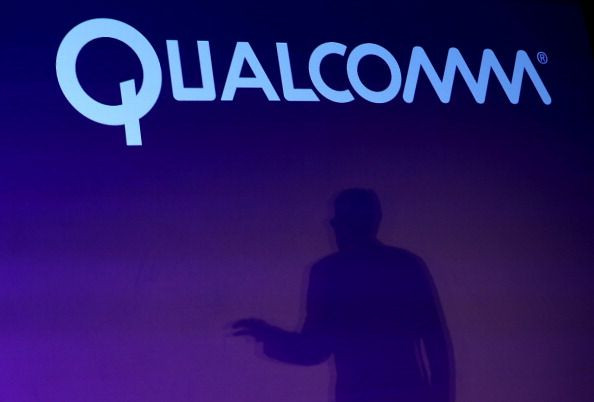Qualcomm Launches New Smart-Speaker Chips

Qualcomm (NASDAQ:QCOM) is known for its applications processors used in many of the world's smartphones. For a while, though, the company has been looking to diversify beyond such chips by supplying additional chips into smartphones, as well as by selling chips into other product categories, such as tablets, automobiles, and PCs.
The company recently announced a new chip called the QCS400, which it says is designed "to help deliver highly optimized, AI-enabled solutions that are designed for smarter audio and IoT [Internet of Things] applications."
Qualcomm called out smart speakers as a key use case for these chips, claiming a host of performance and feature improvements over its previous-generation chips. Beyond smart speakers, the company is also targeting applications such as soundbars and AV receivers.
Here's why investors should care.
Making life easier for customers
It's in Qualcomm's best interest to lower the barrier to entry for a company looking to build a smart speaker. After all, the bigger the market for devices that use chips like Qualcomm's, the better off the company is.
It's not surprising, then, that in addition to simply announcing the new chip, Qualcomm also talked up its Qualcomm Smart Audio Platform 400, which the company describes as a "comprehensive, customizable development kit and example design, built around the Qualcomm QCS400 SoCs [systems-on-a-chip]."
The idea, then, is that even companies that lack the resources to invest in building their own smart speakers should be able to enter the market with Qualcomm's help. Not only does Qualcomm help boost the number of competitors in the market, but it's also likely to get paid more when it does the bulk of the engineering work up front than it would by simply selling components to a smart-speaker maker.
This is the same playbook Qualcomm has followed to great effect in the smartphone market, so it's only natural to follow it in going after the smart-speaker market.
Excellent risk-to-reward
According to Qualcomm, the QCS400 includes "the Qualcomm AI Engine, dual DSPs [digital signal processors], and up to four processor cores," as well as integrated Wi-Fi and Bluetooth support.
While this looks like a custom chip designed specifically for this market, the core elements should be largely identical to what the company offers as part of its mobile processors. It's reasonable to assume that thanks to all of the significant work Qualcomm has done to develop these technologies for its mobile business, it has a rich selection of technologies it can piece together to enable this audio-specific chip.
I don't want to trivialize the work that Qualcomm is doing here -- the company had to make incremental investments to bring the chip to life, build the smart-speaker reference design, and do all the work on the software side to make the hardware usable. What I want to point out is that because of the breadth of the company's technology portfolio that comes from its core smartphone chip business, it can easily move into adjacent markets such as smart speakers without taking too big of a business risk.
Investor takeaway
In the coming years, it's likely that many devices will become increasingly smart as device makers look to build innovative products and as chip companies look to broaden their total addressable markets. Qualcomm's latest QCS400 chip and related platform solution looks quite credible, and if the smart-speaker market keeps growing quickly, as market researcher IDC believes it will, then the underlying market growth combined with potential share gains could be a boon for Qualcomm in the years ahead.
This article originally appeared in the Motley Fool.
Ashraf Eassa owns shares of Qualcomm. The Motley Fool owns shares of Qualcomm. The Motley Fool has a disclosure policy.




















